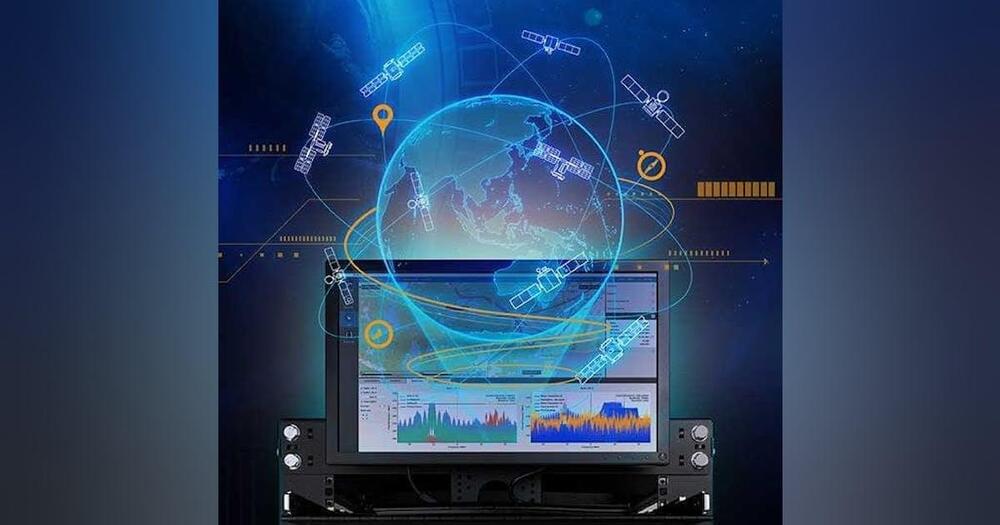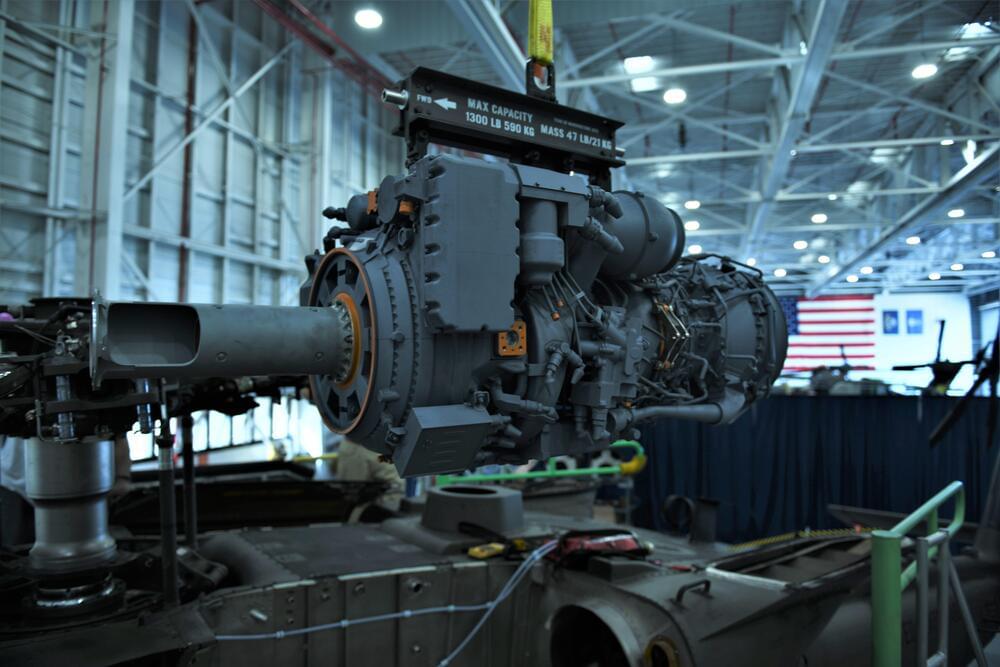The Lockheed Martin and U.S. Air Force conducted a planned flight test of the unarmed, developmental Mk21A reentry vehicle in the Pacific Ocean on June 17. Mk21A is the U.S. Air Force’s integrated reentry vehicle and the critical front-end of the service’s future intercontinental ballistic missile (ICBM) weapon system. This flight test from Vandenberg Space Force Base in California, tested Lockheed Martin’s Mk21A design components and technologies for the vehicle. It also continues Lockheed Martin’s leadership and expertise in developing effective and reliable reentry vehicle technology.
This testing is done through Lockheed Martin’s Engineering and Manufacturing Development contract with the Air Force Nuclear Systems Center. Data collected during the event will further inform Mk21A design and future flight test activities. The company’s Mk21A program is on-schedule. Lockheed Martin is maturing its Mk21A design, which includes the arming and fuzing subsystem and support equipment, using advanced digital engineering tools, including advanced modeling and simulation. This allows for efficiency in schedule, reduced cost and risk, and increased confidence in system performance.
“This progress is built on a strong foundation—Lockheed Martin’s 65-plus years of demonstrated exceptional performance in reentry technologies and a pioneering digital engineering approach on this program from its beginning,” said Jay Watson, vice president of Strategic Reentry at Lockheed Martin. “We remain focused on delivering this capability for the warfighter as a trusted partner to the U.S. Air Force for ICBM reentry systems and modernization of the deterrent triad.”





